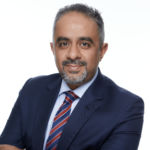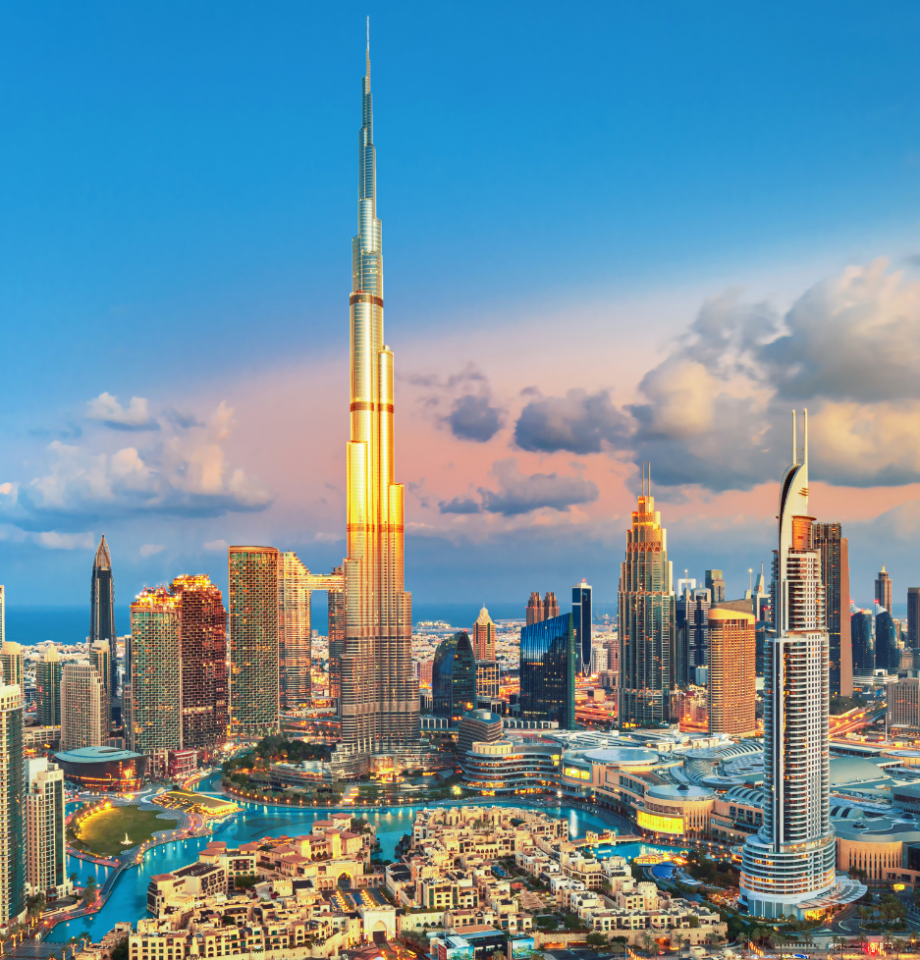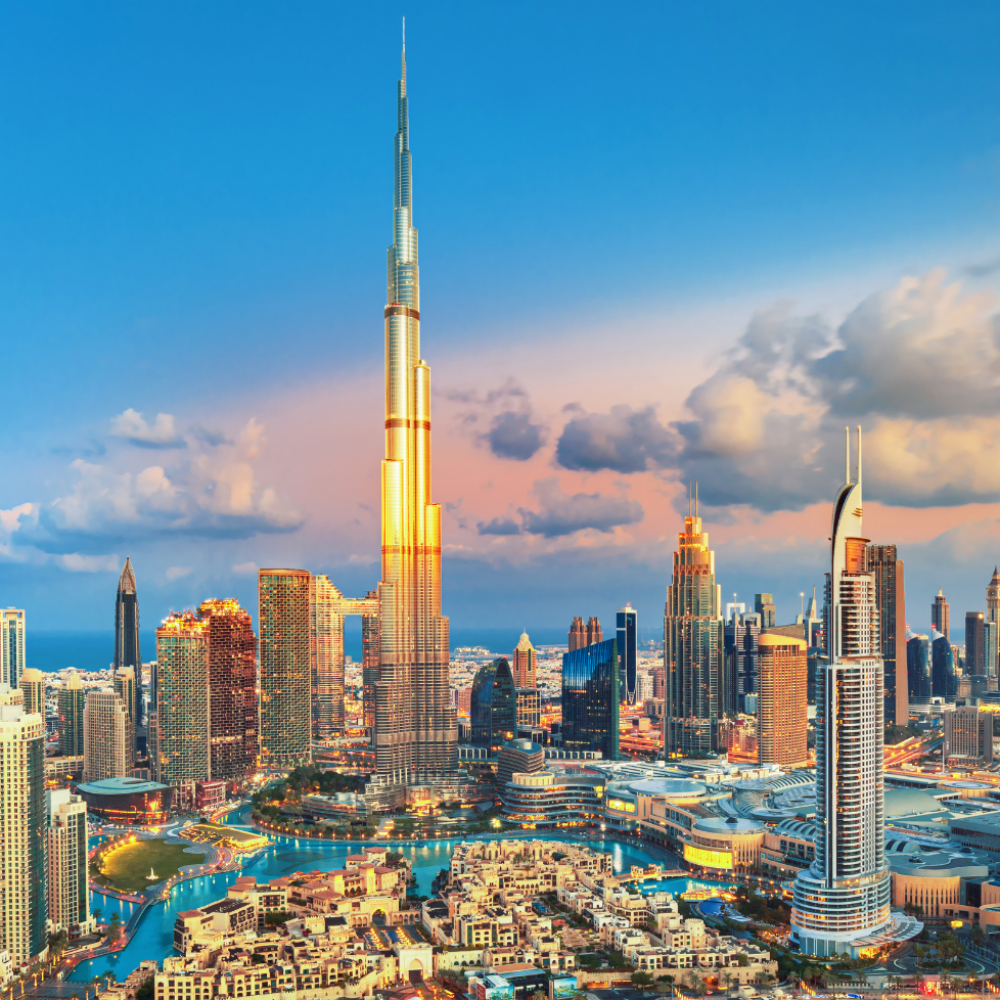UAE, Saudi Arabia to See Continued High-Net-Worth Migration on Major Visa, Policy Reforms
The UAE and Saudi Arabia are projected to see further increases in the number of high net-worth individuals relocating this year, driven by initiatives to attract foreign investment and talent, a finance industry expert told Arabian Business.
Both Gulf countries have cemented their status as regional hubs for business and innovation. The UAE, and Saudi Arabia more recently, have opened medium- to long-term visa opportunities for high net-worth individuals, investors and talented people to attract foreign talent and investment as they look to continue diversifying their economies away from oil. The UAE’s Golden Visa and Saudi’s Premium Residency visas as well as consistent policy reforms to ensure the ease of business are attracting millionaires and billionaires in record numbers. In the UAE alone, 2023 saw the migration of 4,500 UHNWIs – the second-largest wave globally.
Faizal Bhana, Director at Jersey Finance which has operated in the Middle East for over a decade, told Arabian Business that these reforms will only accelerate the trend further as the world’s wealthy relocate to establish homes and businesses across the Gulf.
“The UAE has proven itself as one of the top destinations globally for high net-worth migration, attracting close to 4,500 individuals in recent years alone,” Bhana said, adding that Saudi Arabia is also experiencing significant inflows as it ramps up efforts to diversify its economy. “The number is going to be much higher because of these developments.”
The UAE has proven itself as one of the top destinations globally for high net-worth migration, attracting close to 4,500 individuals in recent years alone.

Director – Middle East, Africa and India, Jersey Finance
This comes as the UAE and Saudi Arabia join the newly expanded BRICS bloc, which now holds a total investable wealth of $45 trillion, according to a recent report by Henley & Partners. Dubai and Abu Dhabi were ranked among the top10 wealthiest BRICS members, with 72,500 and 22,700 millionaires in each city respectively.
The report also suggests that Saudi Arabia will see a 35 percent growth in its millionaire population over the next 10 years, contributing to a significant surge in private wealth across the Kingdom. Part of this success stems from streamlining regulations to reduce red tape and provide greater legal certainty over issues like contracts, companies, and family law, according to Bhana. In Saudi Arabia, reforms such as the new premium residency scheme, civil transactions law, and regional head-quarters programme are poised to draw in an even larger pool of qualified expat talent.
“The Premium Residencies that have come through in Saudi Arabia are a fantastic development that leads to permanent residency. In two rounds of five years, you can become a permanent resident of Saudi,” he said.

Through investment migration programs that offer alternative residence or citizenship in exchange for financial commitments, the two Gulf nations have an avenue to attract affluent foreign investors and stimulate their economies.
When implemented strategically, these initiatives can redirect developing nations, comprising a large portion of rising global powers, toward more self-sufficient financing rather than debt. For host states and investors alike, well-operated investment migration frameworks stand to yield widespread benefits through fresh capital inflows that support development and social welfare, as long as adequate oversight protects stakeholders’ interests.
As emerging markets, the UAE and Saudi Arabia are proving resilient against global headwinds – another factor prolonging their appeal. With regional headquarters requirements bringing multinationals to set up substantial local operations, foreign direct investment is set to rise further.“The HNWI migration to Saudi Arabia will continue at a much faster pace,” said Bhana.
“If you look around the globe, the uncertainty that is coming across from key markets like elections in the UK and a continuing war in Ukraine.”
This uncertainty is playing into global markets, leading major family businesses and institutions wanting to operate from “a place where there’s calm, predictability, rule of law, safety,” and access to several key markets in a few short hours, he said. “Very few places on the planet can tick all these boxes.”
In Saudi Arabia, you can now set up a company in 30 minutes. When I was practising law in Saudi Arabia 10 years ago, it used to take me two or three months. This is cutting-edge stuff.

Director – Middle East, Africa and India, Jersey Finance
Focus of Gulf Sovereign Wealth Funds
Dubai, Riyadh, and Abu Dhabi are quickly emerging as hubs that cater to populations looking for a soft immigration profile, a diverse and vast demographic, and fair policies that are reformed in due course when the market requires it. Bhana has also noticed Gulf sovereign wealth funds increasingly focusing their deal-making within the region rather than solely seeking international diversification. Not only is this profitable, but carries geopolitical significance as these countries support regional allies’ development.
“There will always be some geopolitical issues, but I think in the GCC what they’ve done is very creative. Instead of doing things the old way of funding, they’ve created the PIF [in Saudi] related to development entities that are now going to do the investment in other countries. It’s a financial, economic play. The region is booming outside of the international markets,” he added.
In addition, setting up businesses in the UAE and Saudi Arabia has never been easier.
“In Saudi Arabia, you can now set up a company in 30 minutes,” said Bhana. “When I was practising law in Saudi Arabia 10 years ago, it used to take me two or three months. This is cutting-edge stuff.”
“The UAE has been a pioneer in this too. The foresight of the leadership in Dubai and Abu Dhabi is just unbelievable. There’s plenty of opportunity for the wider business community and a lot of people come here for stability and predictability within the legal framework.”
As Gulf economies continue outpacing international peers, high net-worth migration flows into the UAE and Saudi Arabia look poised for continued growth through enhanced visa frameworks and a business environment achieving global standards. With its stable growth prospects and opportunities, the region is cementing its place as a top destination for the world’s richest individuals and families.
This article was first published on 8 February 2024 in Arabian Business.
